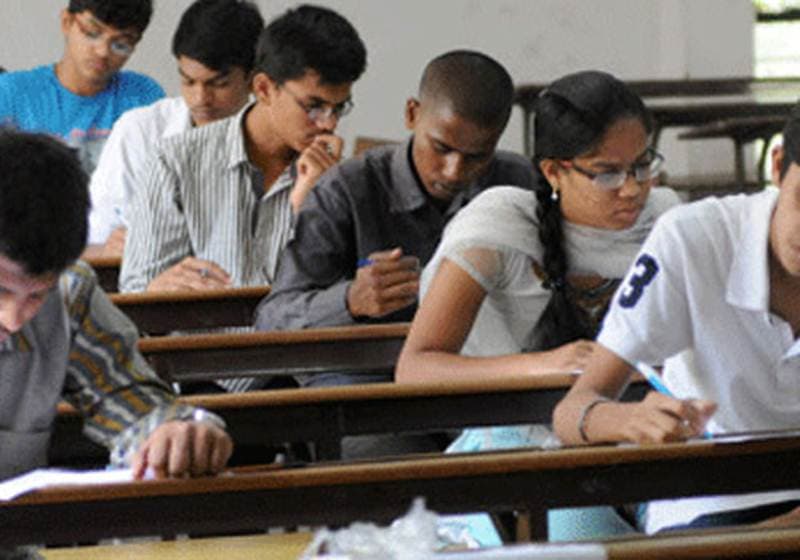2020 CBSE Exams: Great, students can take exams from their current location

2020 CBSE Exams can now be written by students in the locations where they are staying currently. Union Human Resource Development Minister Ramesh Pokhriyal Nishank is said to have announced this.
Even the Twitter account of the Union Minister Ramesh Pokhriyal Nishank carried a hint in the morning of 27 May.


2020 CBSE Exams are all about board exams by Central Board of Secondary Education (CBSE) for 10th and 12th standards.
While some part of 2020 CBSE Exams have been conducted, a good part of the exams could not be held this year. 2020 CBSE Exams got postponed two times in the current year.
The 2020 CBSE Exams were interrupted due to protests witnessed with regards to CAA. Attempts were made to conducted 2020 CBSE Exams after the protests subsided but they could not move ahead.

The outbreak of corona virus had forced the 2020 CBSE Exams to be halted. This was the second time the exams had to be postponed keeping in mind the safety of students and teachers.
Ever since then, students and parents have been looking eagerly towards the new dates for 2020 CBSE Exams.


Many students are said to have moved to their native towns or other districts in the recent times. This announcement with regards to 2020 CBSE Exams is said to have been made keeping in mind this shifting.
Union Minister Ramesh Pokhriyal Nishank has said lot of students have moved to their native towns which are away from the schools they are studying.
These students should also be able to write CBSE Exams without any problems. Arrangements are being made to ensure that, said Union Minister.

CBSE is also said to notify this in the first week of June and students will be given a chance of applying for the change of exam centre through online.
CBSE secretary Anurag Tripathi in a press release said they have decided to shift the examination centre of those students who have travelled to their native places.

CBSE will collect the information about places of current stay of candidates in the first week of next month (June).
Students who have moved to other locations have to stay in touch with their schools. Soon after CBSE makes an announcement in this regard, students can take required action, said Anurag Tripathi.
Union Minister Ramesh Pokhriyal Nishank said students who have moved to other places will be informed by first week of June about the school the students can write 2020 CBSE Exams.
The 2020 CBSE Exams have been unique as students writing these exams are witnessing all developments that are not allowing them to stay calm.
Read More – Toughest exam in india
Like in the previous years, 2020 CBSE Exams have not been completed in time. Moreover, students and their parents will not be able to approach exam centres with confidence as it happened in the previous years.
This year a fear of the health rules the roost owing to outbreak of corona virus. Safety of the students still remains a big concern.
As 2020 CBSE Exams are being conducted late, the move towards next stages of learning (higher education) is also expected to be delayed.
However, things are still not that disappointing. If 2020 Exams could be conducted in July this year as per the planned schedule, move towards higher education still can be done in a timely manner, say education experts. The press release mentioning the students being allowed to write CBSE Exams from their places of stay can be accessed at the link ‘http://cbse.nic.in/newsite/attach/Press%20Release%2027%20May%202020.pdf’
S Vishnu Sharmaa now works with collegechalo.com in the news team. His work involves writing articles related to the education sector in India with a keen focus on higher education issues. Journalism has always been a passion for him. He has more than 10 years of enriching experience with various media organizations like Eenadu, Webdunia, News Today, Infodea. He also has a strong interest in writing about defence and railway related issues.









